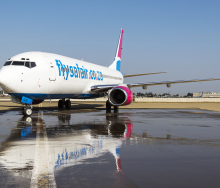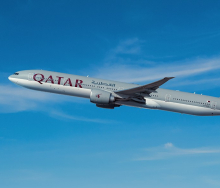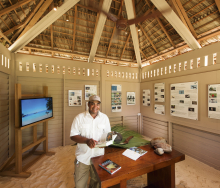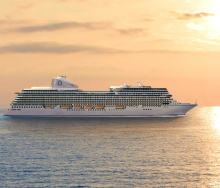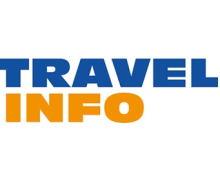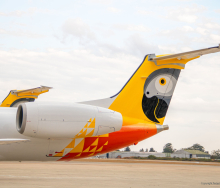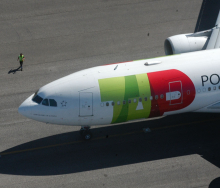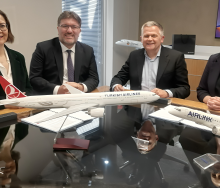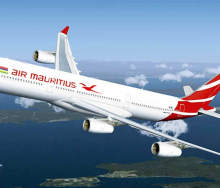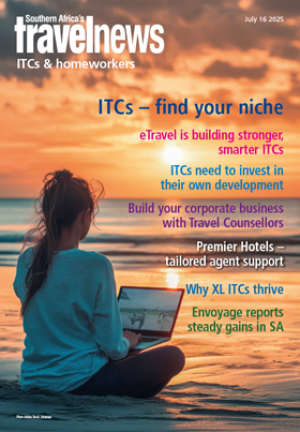When clients apply for a visa, do they know that factors such as marital status, whether or not they have children, ownership of property, how long they’ve worked for the company, their bank balance, and even their social media activity can exert an influence on the outcome? Probably not.
Embassies consider granting a visa a privilege, not a right, and the onus is on the traveller to prove their motives for travel are legitimate. Andrew MacRae, Director of Execuserve SA, a visa application consultancy, says the above factors have led to a rise in visa rejections among South African travellers.
“The client’s visa application needs to prove why they're travelling, if they're planning to return home and if they're a potential threat.” All of this is supported by the information supplied. Hence an increase in visas being rejected after a “social media review”.
MacRae also raises the “game of political chess” that adds another layer of complexity. He says some countries impose restrictions or additional requirements on South Africans based on how their own citizens are treated when applying for South African visas.
Even when the client’s visa documents are in order, this doesn't guarantee a stamp. Certain embassies prioritise interviews, which can be intimidating. Nervousness (even if you’ve got nothing to hide), can lead to rejection, says MacRae. "We (Execuserve) provide interview coaching for companies with novice travellers. This helps them anticipate and confidently face the interview."
The time factor adds a great deal of frustration to the process. MacRae says that what once took weeks now requires more patience. This situation is exacerbated during major events, such as a regional rugby World Cup, potentially extending visa lead times from a few weeks to as long as six weeks, he says.
His advice for visa applications for a business trip?
“Begin by sending your passport and travel details to a visa specialist as soon as you can. This information is essential for them to accurately assess your visa eligibility and predict the processing time. DIY research is risky. Information published on embassy websites is usually outdated,” he warns.
Travellers who can’t prove a healthy bank balance, might need the support of their employer. "Schengen nations demand personal bank statements reflecting a daily surplus of around €190 (R3 930), irrespective of travel purpose or full business coverage. A corporate credit card is insufficient too; your company should transfer the necessary amount for your trip expenses into your account as part of your application process."
Rategang Moroke, Operations Manager at TMC Corporate Traveller, added these tips to increase travellers’ chances of getting their visa:
Check passport: Before diving into their international plans, the client must check their passport's expiry date. Numerous countries require a validity of at least six months after the traveller’s return. The TMC should always track these details from the client profile.
Chat with travel experts ASAP: The travel manager should help the client determine what kind of visa they need based on destination and nationality. The travel manager can also hook the client up with visa professionals who know the ropes.
Sort out travel insurance: When applying for a visa, the client must show that they have travel insurance.
Keep up with rule changes: Rules can flip overnight. The travel manager should keep the client posted about any changes that might mess with their plans.
Stay flexible with bookings: The travel manager can book flights and accommodation options that are less restrictive and more flexible, allowing the client to make changes and cancellations as needed.

